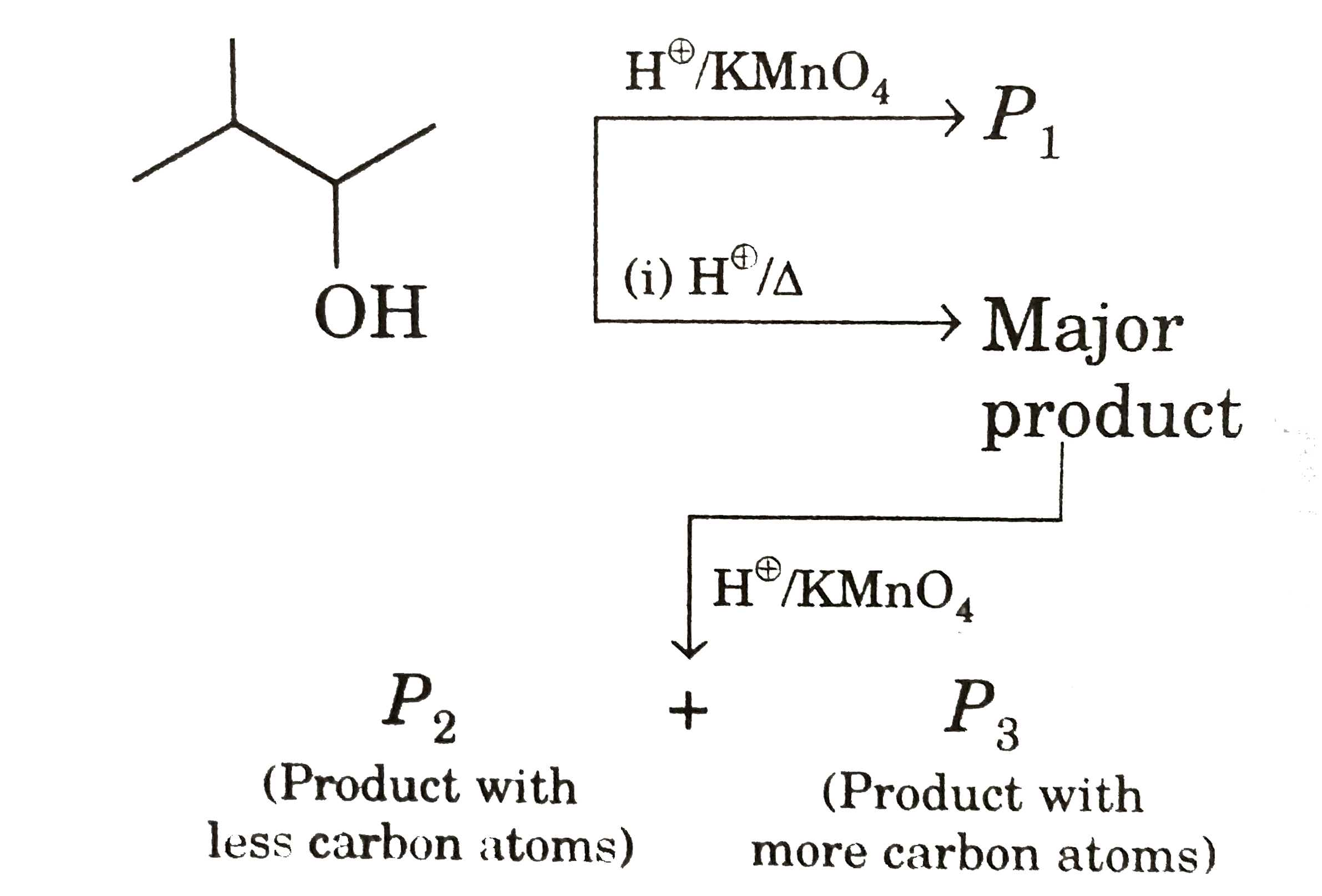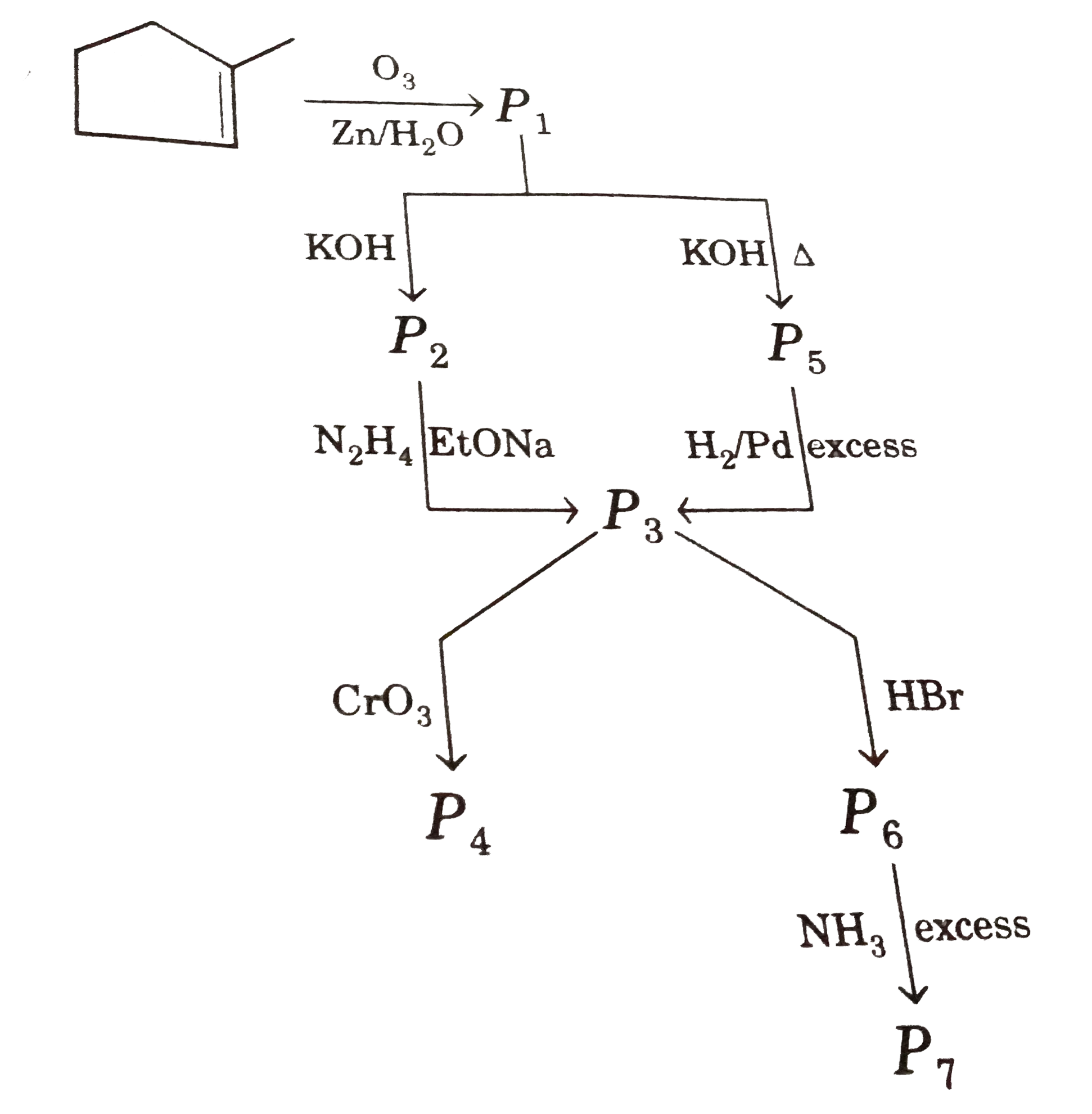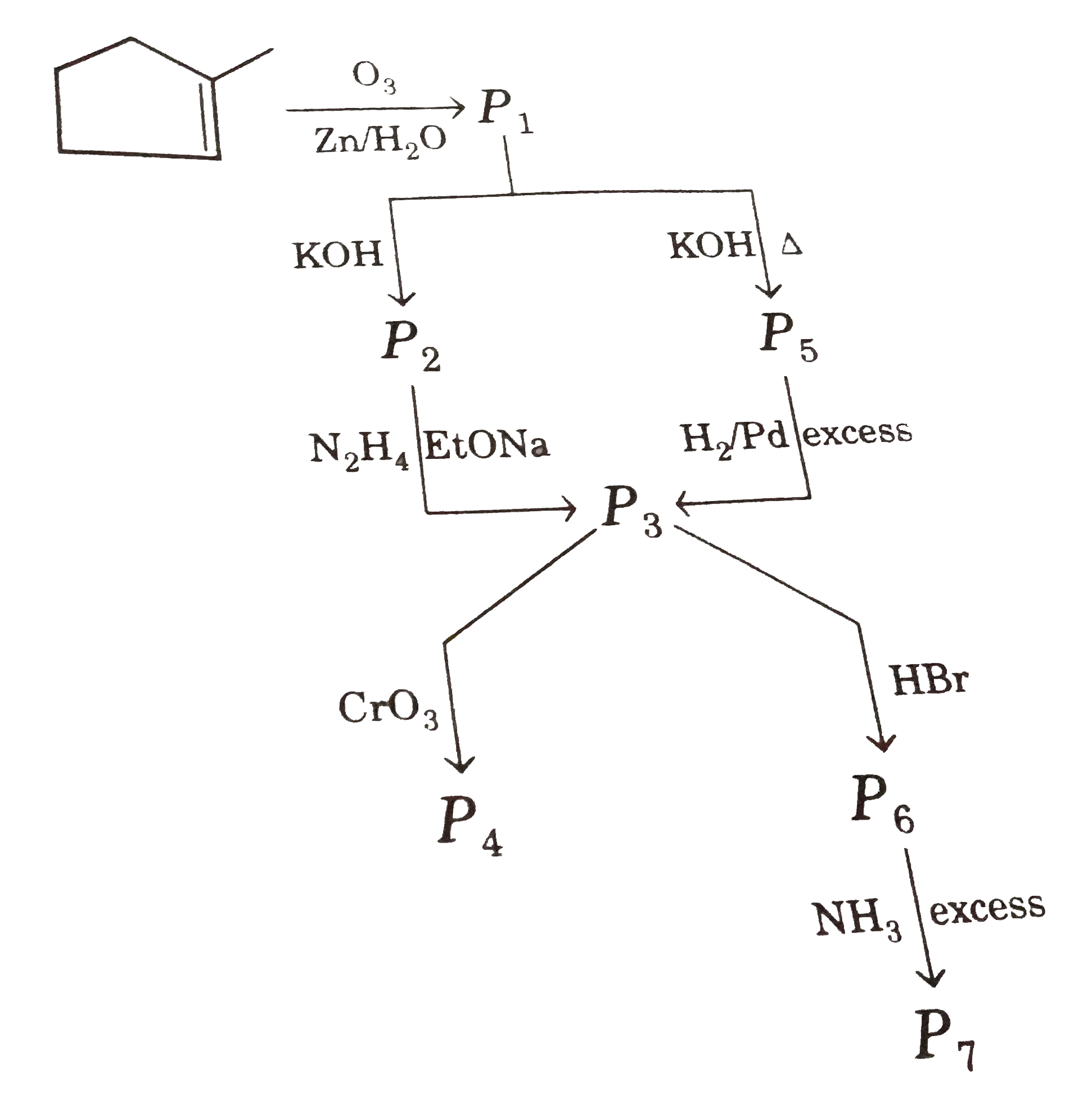Which of the following statement is not correct about an inert electrode in a cell?
A
It does n ot participate in the cell reaction
B
It provides surface either for oxidation or for reduction reaction
C
It provides surface for conduction of electrons
D
It provides surface for redox reaction.
Video Solution
Text Solution
An inert electrode in a cell provide surface of either oxidation or for reduction reaction by conduction of electrons through its surface but does not participate in the cell it does not provide surface for redox reaction.
|
Updated on:21/07/2023
Topper's Solved these Questions
- BOOK - NCERT EXEMPLARCHAPTER - D AND F-BLOCK ELEMENTSEXERCISE - D And F-Block Elements71videos
D AND F-BLOCK ELEMENTS
- BOOK - NCERT EXEMPLARCHAPTER - GENERAL PRINCIPLE AND PROCESSES OF ISOLATION OF ELEMENTS EXERCISE - General Principle And Processes Of Isolation Of Elements55videos
GENERAL PRINCIPLE AND PROCESSES OF ISOLATION OF ELEMENTS
Similar Questions
Knowledge Check
- Question 1 - Select One
Which of the following statement is correct about bile?
AIt helps in emulsification of fat.BIt helps in digestion of carbohydratesCIt helps in absorption of digested food.DIt helps in egestion of undigested food. - Question 2 - Select One

Which of the following statement is not correct about P2 ?AIt will give non-resolvable product with MeMgBrBIt can not give effervescence of CO2 with NaHCO3CIt gives alkane on sodalime decarboxylationDIt can change blue litmus into red - Question 3 - Select One
Which of the following statement is correct about alkanes?
AAlkanes react with acids or base in normal conditionsBAlkanes react with oxidising or reducing temperature in normal conditonsCAlkanes are inert compoundsDAlkanes are unsasturated compunds

Which of the following statement is correct about P7 ?View SolutionWhich of the following statement is not correct about group-16?
View SolutionWhich of the following statement is correct about dinitrogen?
View SolutionWhich of the following statement is correct about Galvanic cell?
View SolutionWhich of the following statement is not correct about transition metals
View Solution


